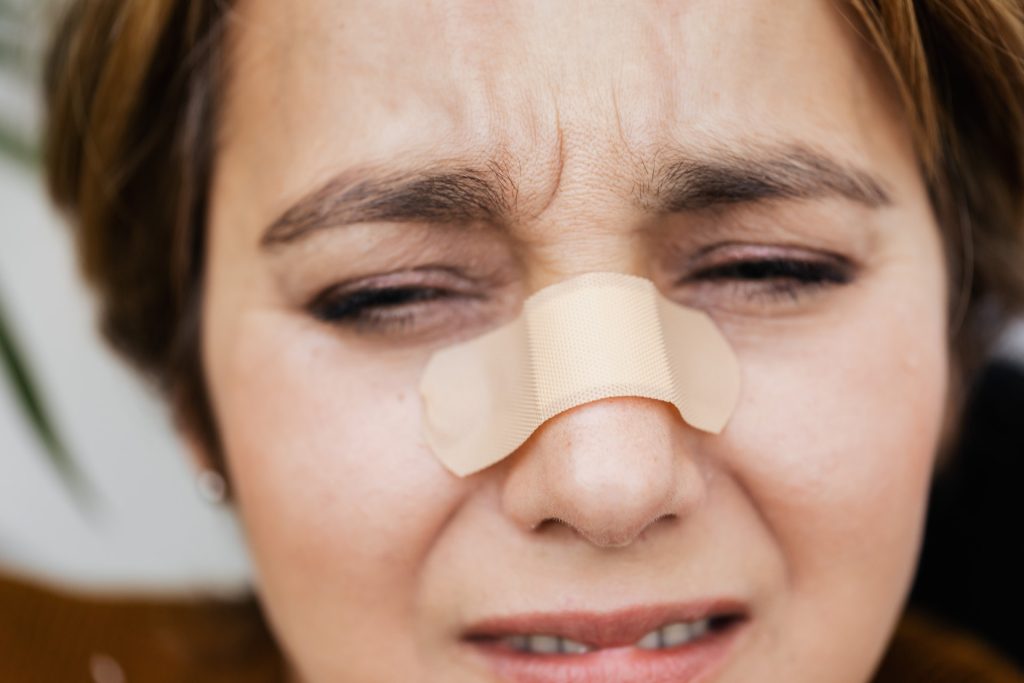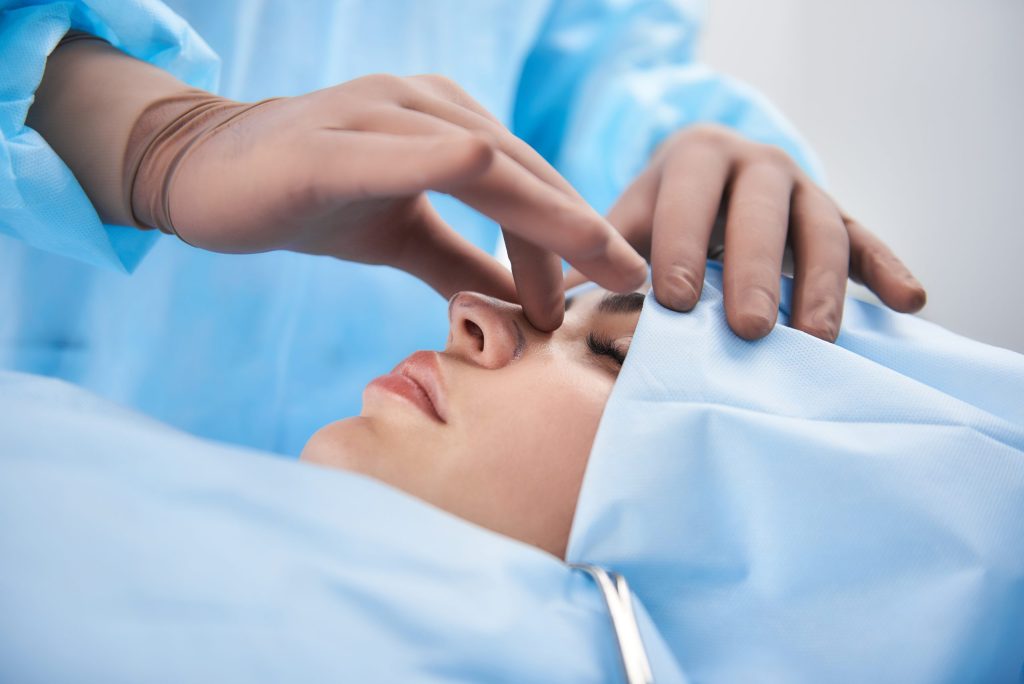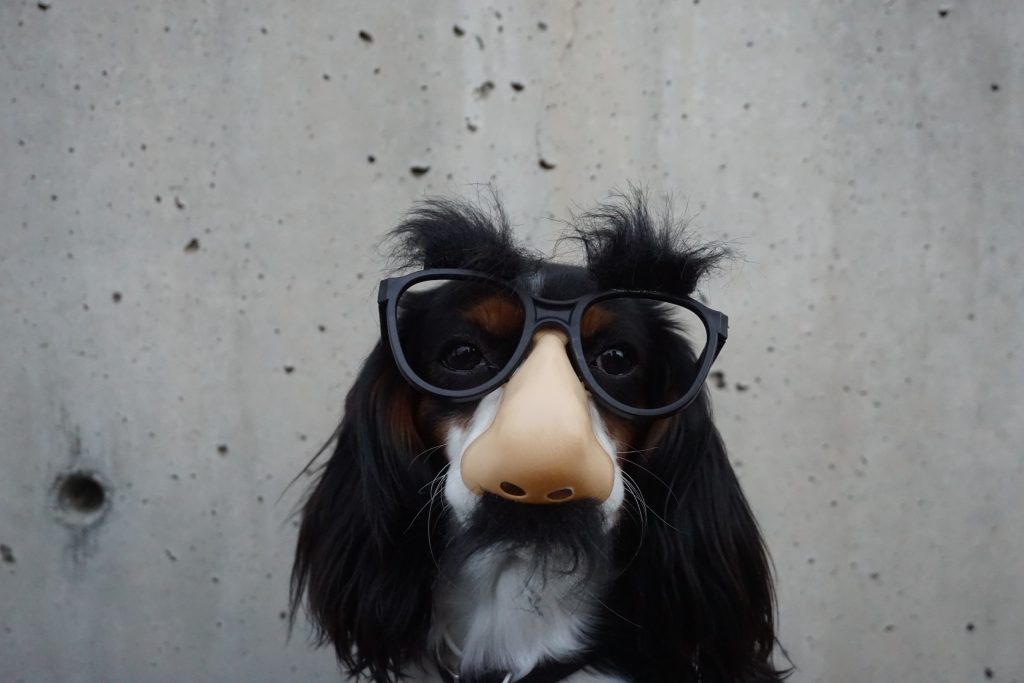A surgical technique called rhinoplasty is used to repair or reshape the nose. Often called a “nose job,” it can improve the nose’s size, shape, and symmetry, among other aesthetic issues. Furthermore, functional disadvantages like breathing problems brought on by structural anomalies can be corrected with rhinoplasty.
This delicate treatment is carried out by a plastic or facial reconstructive surgeon who possesses a high degree of competence and precision. The fact that it is among the top five cosmetic operations carried out worldwide attests to its acceptance and popularity.
The importance of proper rhinoplasty recovery
Contents
The crucial recuperation phase that comes after surgery is the next step on the path to a successful rhinoplasty.

Outstanding results and a reduced chance of complications are ensured by your dedication to following the post-procedure aftercare instructions and closely heeding the rhinoplasty recovery guidelines.
What typically occurs in a rhinoplasty
Anaesthesia is used at the start of the rhinoplasty process to guarantee the patients’ comfort throughout. After the patient is sedated, the surgeon makes cuts around the base of the nose or inside the nostrils.
After that, the skin is raised to reveal the cartilage and bone underneath. After that, the surgeon reshapes these structures to enhance functionality or give them the desired appearance. The skin is redraped and the incisions are sutured shut after the reconstruction is finished.
You can better anticipate what to expect throughout the recovery phase if you are aware of what happens after a rhinoplasty treatment. It will be easier for you to understand why specific aftercare procedures are required once you are aware of the challenges your body has experienced. It explains any swelling, bruises, pain, or other feelings you may be feeling and gives you comfort in knowing that these are typical aspects of the healing process.
The Healing Process Post Rhinoplasty
In the early phases of the healing process following a rhinoplasty, swelling, bruises, and mild discomfort are typical. This is a typical reaction that results from the body attempting to safeguard and mend the surgical site. Nasal blockage and minor haemorrhage are also possible outcomes. These symptoms progressively go away as the healing process advances. On the other hand, mild oedema might last for several months and result in minor changes to your nose’s look.

While each person’s healing process varies, medical professionals have established standard timelines that generally apply to most patients. Typically, the challenging part of the healing process – significant swelling and bruising – subsides within two weeks post-operation. Most patients feel comfortable returning to work within two weeks. However, complete rhinoplasty healing can take up to a year, as subtle swelling gradually decreases, and final results become visible.
Rhinoplasty Aftercare Essentials
Every patient is recommended to adhere to certain measures in order to facilitate a prompt recovery following rhinoplasty. These include elevating your head, using cold compresses, avoiding physically demanding tasks, and not blowing your nose. Additionally, sleep on your back to relieve strain on the nasal tissues, and refrain from making broad smiles or laughing faces.
Following your surgeon’s recommendations is essential to recuperating well and getting the greatest result possible. Typically, they consist of recommendations to take prescribed drugs, show up for follow-up visits, and report any issues right away. The body heals more quickly when a balanced diet, adequate hydration, and general health are maintained.

You might need to make adjustments to your everyday routine while you’re recuperating. For instance, excessive sun exposure might impede the healing process and result in skin discolouration, therefore you might need to prevent it. Steer clear of anything that could promote vasodilation, including coffee, alcohol, and several over-the-counter medications. Cutting back on salt consumption can help reduce swelling even more, and quitting smoking promotes recovery by increasing blood circulation.
Tips for a Successful Rhinoplasty Recovery
The post-rhinoplasty trip can be made more comfortable with the help of key recuperation suggestions. Pay attention to your body; take a nap when you’re feeling exhausted and gradually get back to your regular activities. Maintaining a healthy diet and engaging in mild exercise can improve your general well-being and expedite your body’s healing process.
Steer clear of anything that could hurt your nose, such as playing with little children or participating in sports. To prevent pigmentation problems, always apply sunscreen with at least SPF 30 when you go outside in the sun.

These post-rhinoplasty recovery guidelines make sure that the healing process proceeds as efficiently as possible. Following these recommendations helps minimise problems, lessen discomfort, and expedite the healing process in general. Additionally, following these guidelines will help to guarantee that your rhinoplasty procedure produces the most visually beautiful and practical outcomes.
A delicate surgery called rhinoplasty is used to repair or reshape the nose to improve both its appearance and functionality. The success of the procedure is mostly dependent on the recovery and care received after the surgery, which is only the first part of the process. Comprehending the technique, the healing period and the post-operative instructions can guarantee a seamless recuperation after rhinoplasty.
For a satisfactory outcome following a rhinoplasty, it is imperative to take appropriate care of yourself and adhere to recuperation guidelines. Remember that every person heals differently, so give your body time to heal. Keep in mind that the ability of the surgeon to perform your treatment is not as crucial as your dedication to your rehabilitation. If you give your body the attention and time it requires, you should have no trouble recovering healthily and getting the outcomes you want.

